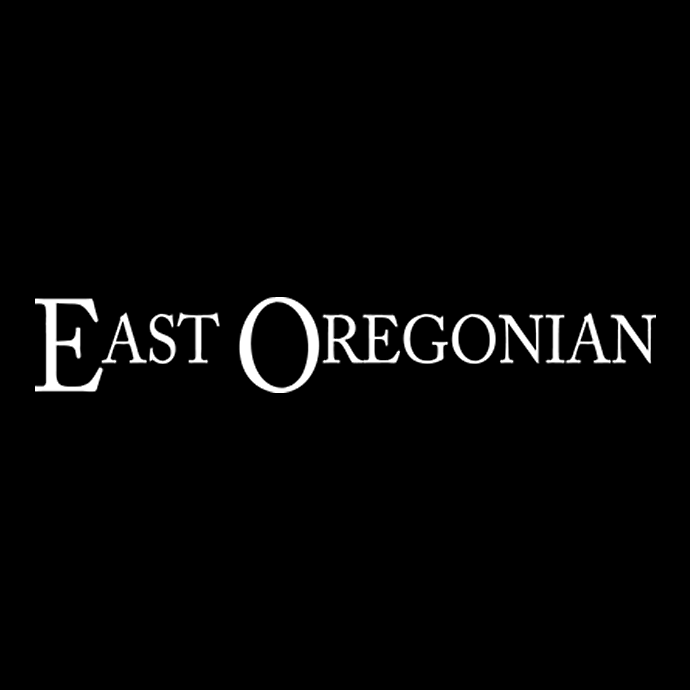Milton-Freewater City Councilor Destiny Jensen has initiated a survey that has revealed significant employee dissatisfaction within the city’s government. The informal survey, conducted among the city’s 66 full-time employees, aims to address concerns regarding leadership and workplace morale.
Jensen sent the employee satisfaction survey in July 2023, responding to numerous anonymous emails highlighting issues with City Manager Chad Morris and the city’s human resources department. Some council members have dismissed the survey’s validity, seeking legal counsel before making any public statements. City Attorney David Blanc stated he could not comment on the ongoing situation when approached on August 27.
The survey, conducted using city email addresses, consisted of six questions regarding various aspects of employee satisfaction. Jensen shared the results with the East Oregonian following a public records request. The findings indicated widespread concerns, including complaints about Morris’ leadership style and the perceived ineffectiveness of the HR department.
Anonymous complaints began reaching council members on February 14, prompting Jensen to express her worries during council meetings. She described her concerns as significant and felt dismissed by her colleagues. Among the complaints shared were references to budget miscalculations and allegations that HR operated behind closed doors, failing to respond to staff inquiries.
The survey garnered 29 responses, where employees ranked various issues from zero to ten. Respondents indicated that many “good” employees were contemplating leaving their positions. Concerns about management oversight and workplace safety were also raised, particularly regarding the implications of concealed carry legislation.
In a bid to gauge employee sentiment more formally, Jensen previously approached Mayor Mike Odman in May 2023 to propose a mandatory anonymous survey. According to Kevin Toon, communications director for the League of Oregon Cities, the approach taken by Jensen is unusual, as employee satisfaction is typically assessed through formal evaluations led by department heads or city managers.
During the council’s work session on July 28, Jensen sought permission to engage with city employees directly, to which Morris replied that it would not be illegal. After conducting phone interviews, Jensen unilaterally sent out the survey, requesting that responses be submitted to her personal mailbox by August 11. This method, however, raised legal concerns regarding the use of a mail receptacle for unauthorized items, which can result in significant fines.
Jensen emphasized the confidentiality of the responses, assuring employees that results would be shared on August 12. Despite some responses identifying employees, city officials expressed skepticism about the authenticity of the handwritten submissions.
At a subsequent work session, Odman praised Jensen for her initiative in addressing employee grievances but noted the need for a more structured approach. He indicated that legal advice suggested a collective decision on survey questions was preferable. Morris expressed concern over the survey’s methodology, stating that it did not align with industry standards for employee feedback.
During a meeting on August 25, council members discussed the importance of unity in addressing the reported dissatisfaction. Councilor Emily Holden acknowledged the need for transparency while also awaiting legal guidance on how to handle anonymous complaints.
Morris, who assumed the role of city manager 15 months ago, stated that he anticipated some employee dissatisfaction following leadership changes. He expressed a desire to resolve the situation and reinforce positive communication within the council.
As the situation unfolds, it remains clear that employee morale in Milton-Freewater’s city government is under scrutiny, with Jensen’s survey serving as a catalyst for broader discussions on workplace dynamics and leadership accountability.






































































